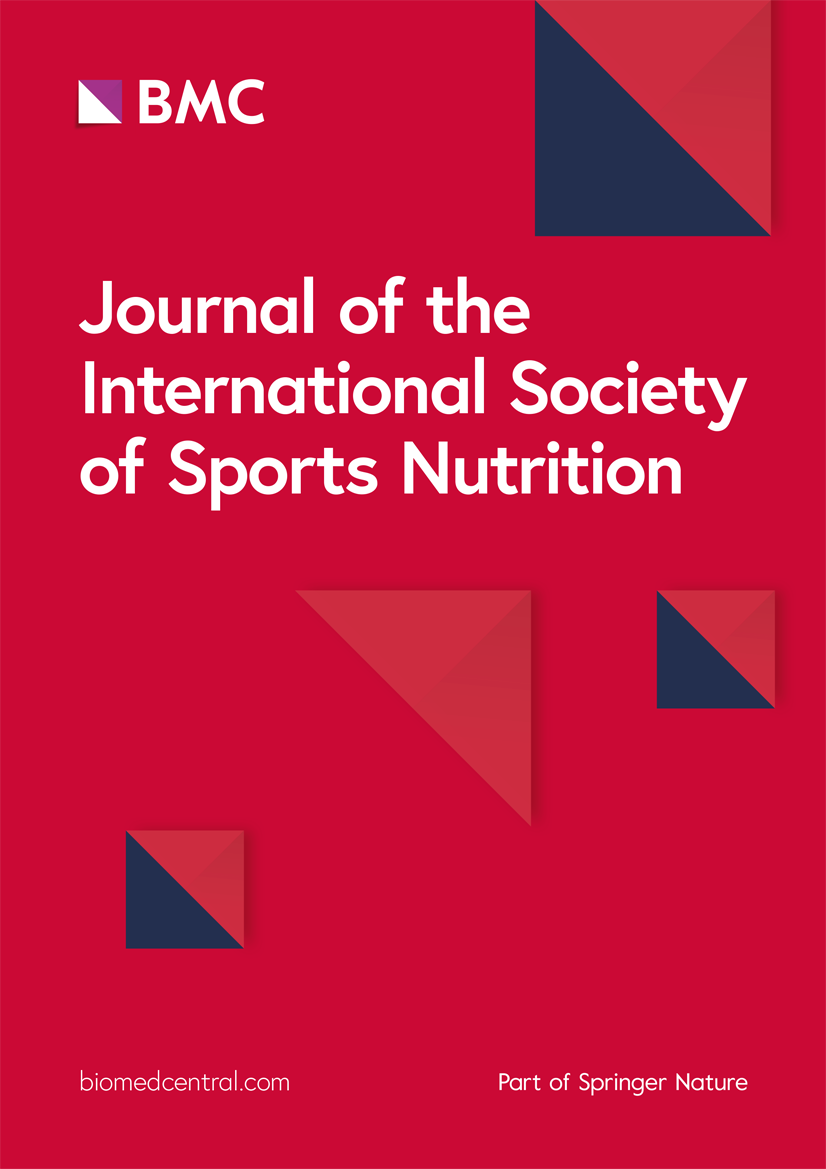Sports nutrition jobs
Pennings B, Koopman R, Beelen M, Senden JM, Saris WH, Van Loon LJ. Exercising before protein intake allows for greater use of dietary protein-derived amino acids for de novo muscle protein synthesis in both young and elderly men https://alimentos-carbohidratos.com. Am J Clin Nutr. 2011;93:322–31.
Pasiakos SM, Cao JJ, Margolis LM, Sauter ER, Whigham LD, Mcclung JP, et al. Effects of high-protein diets on fat-free mass and muscle protein synthesis following weight loss: a randomized controlled trial. FASEB J. 2013;27:3837–47.
Miller BF, Olesen JL, Hansen M, Dossing S, Crameri RM, Welling RJ, et al. Coordinated collagen and muscle protein synthesis in human patella tendon and quadriceps muscle after exercise. J Physiol. 2005;567(Pt 3):1021–33.
Volpi E, Kobayashi H, Sheffield-Moore M, Mittendorfer B, Wolfe RR. Essential amino acids are primarily responsible for the amino acid stimulation of muscle protein anabolism in healthy elderly adults. Am J Clin Nutr. 2003;78:250–8.
Churchward-Venne TA, Murphy CH, Longland TM, Phillips SM. Role of protein and amino acids in promoting lean mass accretion with resistance exercise and attenuating lean mass loss during energy deficit in humans. Amino Acids. 2013;45:231–40.
International society for sports nutrition
The BCAAs (i.e., isoleucine, leucine, and valine) appear to exhibit individual and collective abilities to stimulate protein translation. However, the extent to which these changes are aligned with changes in MPS remains to be fully explored.
Improving one’s body composition through the loss of fat mass and increasing fat-free mass is often associated with improvements in physical performance. In this respect, many published investigations report that protein supplementation results in significant improvements in lean body weight/cross-sectional areas as compared to placebo treatments . Andersen et al. examined 22 healthy men that completed a 14-week resistance-training program (3 days/week consisting of 3–4 sets of lower body exercises) while supplementing with either 25 g of a high-quality protein blend or 25 g of carbohydrate. When the blend of milk proteins was provided, significantly greater increases in fat-free mass, muscle cross-sectional area in both the Type I and Type II muscle fibers occurred when compared to changes seen with carbohydrate consumption. Collectively, a meta-analysis by Cermak and colleagues reported a mean increase in fat-free mass of 0.69 kg (95% Confidence Interval: 0.47–0.91 kg) when protein supplementation was provided versus a placebo during a resistance-training program. Other reviews by Tipton, Phillips and Pasiakos, respectively, provide further support that protein supplementation (15–25 g over 4–14 weeks) augments lean mass accretion when combined with completion of a resistance training program.
The BCAAs (i.e., isoleucine, leucine, and valine) appear to exhibit individual and collective abilities to stimulate protein translation. However, the extent to which these changes are aligned with changes in MPS remains to be fully explored.
Improving one’s body composition through the loss of fat mass and increasing fat-free mass is often associated with improvements in physical performance. In this respect, many published investigations report that protein supplementation results in significant improvements in lean body weight/cross-sectional areas as compared to placebo treatments . Andersen et al. examined 22 healthy men that completed a 14-week resistance-training program (3 days/week consisting of 3–4 sets of lower body exercises) while supplementing with either 25 g of a high-quality protein blend or 25 g of carbohydrate. When the blend of milk proteins was provided, significantly greater increases in fat-free mass, muscle cross-sectional area in both the Type I and Type II muscle fibers occurred when compared to changes seen with carbohydrate consumption. Collectively, a meta-analysis by Cermak and colleagues reported a mean increase in fat-free mass of 0.69 kg (95% Confidence Interval: 0.47–0.91 kg) when protein supplementation was provided versus a placebo during a resistance-training program. Other reviews by Tipton, Phillips and Pasiakos, respectively, provide further support that protein supplementation (15–25 g over 4–14 weeks) augments lean mass accretion when combined with completion of a resistance training program.
For building muscle mass and for maintaining muscle mass through a positive muscle protein balance, an overall daily protein intake in the range of 1.4–2.0 g protein/kg body weight/day (g/kg/d) is sufficient for most exercising individuals, a value that falls in line within the Acceptable Macronutrient Distribution Range published by the Institute of Medicine for protein.
Proteins provide the building blocks of all tissues via their constituent amino acids. Athletes consume dietary protein to repair and rebuild skeletal muscle and connective tissues following intense training bouts or athletic events. During in the 1980s and early 1990’s Tarnopolsky , Phillips , and Lemon first demonstrated that total protein needs were 50 to 175% greater in athletes than sedentary controls. A report in 2004 by Phillips summarized the findings surrounding protein requirements in resistance-trained athletes. Using a regression approach, he concluded that a protein intake of 1.2 g of protein per kg of body weight per day (g/kg/day) should be recommended, and when the upper limit of a 95% confidence interval was included the amount approached 1.33 g/kg/day. A key consideration regarding these recommended values is that all generated data were obtained using the nitrogen balance technique, which is known to underestimate protein requirements. Interestingly, two of the included papers had prescribed protein intakes of 2.4 and 2.5 g/kg/day, respectively . All data points from these two studies also had the highest levels of positive nitrogen balance. For an athlete seeking to ensure an anabolic environment, higher daily protein intakes might be needed. Another challenge that underpins the ability to universally and successfully recommend daily protein amounts are factors related to the volume of the exercise program, age, body composition and training status of the athlete; as well as the total energy intake in the diet, particularly for athletes who desire to lose fat and are restricting calories to accomplish this goal . For these reasons, and due to an increase of published studies in areas related to optimal protein dosing, timing and composition, protein needs are being recommended within this position stand on a per meal basis.
Sports nutrition stores near me
Ready to discover the best in health and wellness products? Visit an Active Nutrition store near you! Whether you’re looking for premium supplements, expert advice, or the latest in fitness nutrition, our stores offer everything you need to support your active lifestyle.
At Prime Sports Nutrition, we’re dedicated to helping you reach your Prime. We offer premium quality sports nutrition supplements, backed by unmatched customer service and lightning fast shipping. Whether you’re an elite athlete or just starting your fitness journey, we’re here to assist you with your goals. Stay Prime.
Statements made on this website have not been evaluated by the U.S. Food and Drug Administration. These products are not intended to diagnose, treat, cure or prevent any disease. Information provided by this website or this company is not a substitute for individual medical advice.

Ready to discover the best in health and wellness products? Visit an Active Nutrition store near you! Whether you’re looking for premium supplements, expert advice, or the latest in fitness nutrition, our stores offer everything you need to support your active lifestyle.
At Prime Sports Nutrition, we’re dedicated to helping you reach your Prime. We offer premium quality sports nutrition supplements, backed by unmatched customer service and lightning fast shipping. Whether you’re an elite athlete or just starting your fitness journey, we’re here to assist you with your goals. Stay Prime.
Statements made on this website have not been evaluated by the U.S. Food and Drug Administration. These products are not intended to diagnose, treat, cure or prevent any disease. Information provided by this website or this company is not a substitute for individual medical advice.
